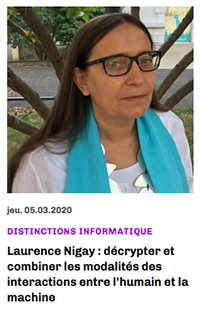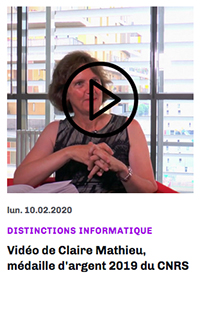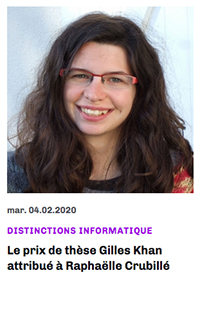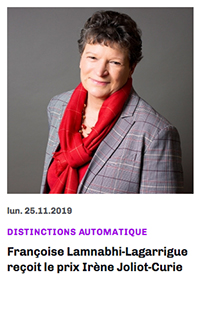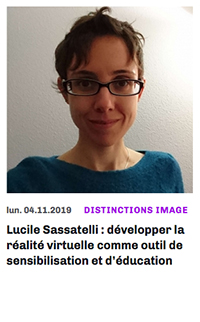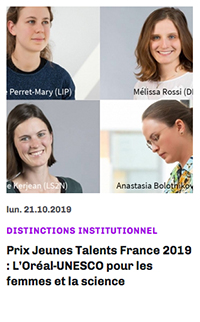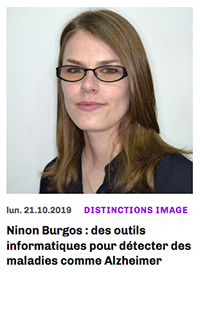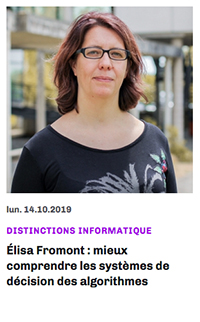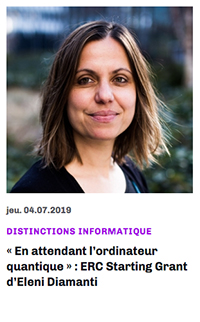Gender parity and equality
Gender equality is a priority for CNRS Informatics. The Institute works in compliance with the CNRS's national parity objectives to attract more young women to scientific careers and speed up the change towards parity and equality in the Institute's laboratories. Key statistics for CNRS Informatics suggest that (rapid!) progress is possible if supported by a proactive policy and coordinated by the institute's parity/equality unit. The work of our researchers, academics and doctoral students is promoted along with different elements concerning the best practices to be applied in laboratories and scientific communities.
The CNRS Informatics's policy
The CNRS Informatics's gender equality policy is an integral part of the more general framework of CNRS policy on parity. In this context, the Institute aims to work in interaction with laboratories to remove obstacles to gender equality in research.
- The first axis of the parity policy is to communicate with laboratories about the work of the CNRS Mission for Women's Integration along with the recommendations made by the CNRS Scientific Board and those formulated by the CNRS parity/equality committee.
- The second line of action is the Institute's commitment to increasing long-term awareness through the implementation of detailed indicators and the definition of equality roadmaps in laboratories. This also involves providing support for the parity contact people in the Institute's laboratories. To achieve this, laboratories have been encouraged to exchange best practices through the creation of a mailing list and communication resources (best practices, hall of fame/"femme", etc.).
- The third line of action focuses on female researchers' careers in four ways - improving the return to work from career breaks, helping them obtain authorisations to supervise research (HDR), enhancing and promoting the visibility of their research and finally increasing the number of women in posts of responsibility.
Finally in the medium term, our priority is actually to no longer require a parity policy by developing and promoting the concept of inclusiveness within CNRS Informatics laboratories.
Key figures
The scope of this work includes all units whose main supervisory authority is CNRS Informatics (March 2022 figures).
0.93 for CNRS personnel
The male advantage index can be defined as the ratio between the proportion of male senior researchers among male researchers/academics and the proportion of female senior researchers among female researchers/academics. A male advantage index greater than 1 means that the relative proportion of men promoted to senior researchers' posts is higher than the proportion of women.
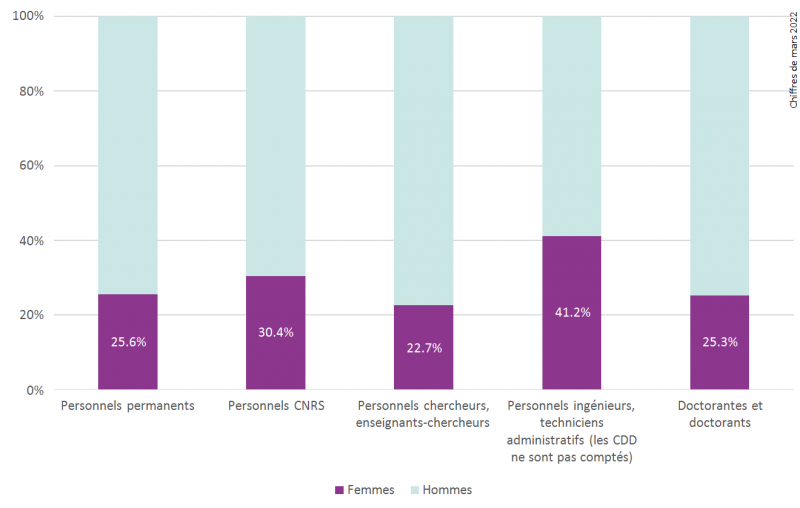
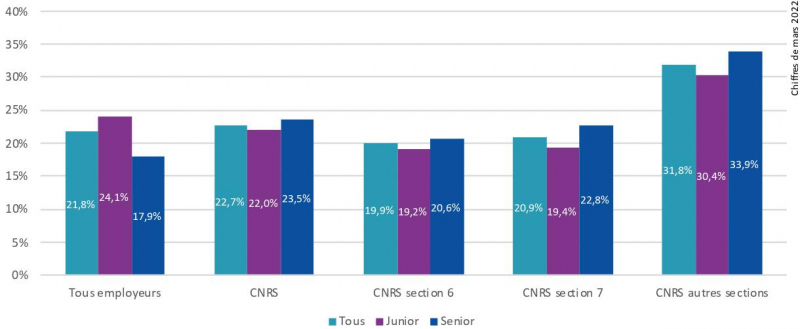
Portraits of female researchers
Comic book portraits of women:
These are spotlight articles about women scientists in our communities written to help people discover the diversity of their research themes and profiles.
Best practices developed within the community
The CNRS Informatics's parity/equality unit also regularly enriches a list of the numerous initiatives and best practices in the field of equality between women and men within the community. A network of parity/equal interlocutors has been set up in the laboratories, enabling the Institute to circulate this file freely to the scientific community
This document particularly concerns the laboratories' policies on the subject while aiming to dispel preconceptions about women scientists, support the careers of young women researchers, prevent sexual harassment in the workplace, make recommendations about the organisation of conferences and so forth.
Some institutional references
- The CNRS Mission for Women's Integration
- Summary document and recommendations by the CSI following the "The Place of Women at the CNRS Informatics" thematic conference on December 2nd 2019
- General recommendations made by the CNRS Informatics Scientific Board (CSI) in 2015
- Working towards parity in scientific events (recommendations made by the CNRS Scientific Board)
- What to do in the event of sexual harassment (a document published by the CNRS Mission for Women's Integration)
- Psycho-social risks (a document published by the CNRS Human Resources Department)
The parity/equality unit
Head: Anne Siegel
Members: Patrick Baillot, Pierre Chainais, Margot Durand, Estelle Hutschka, Olivier Serre
